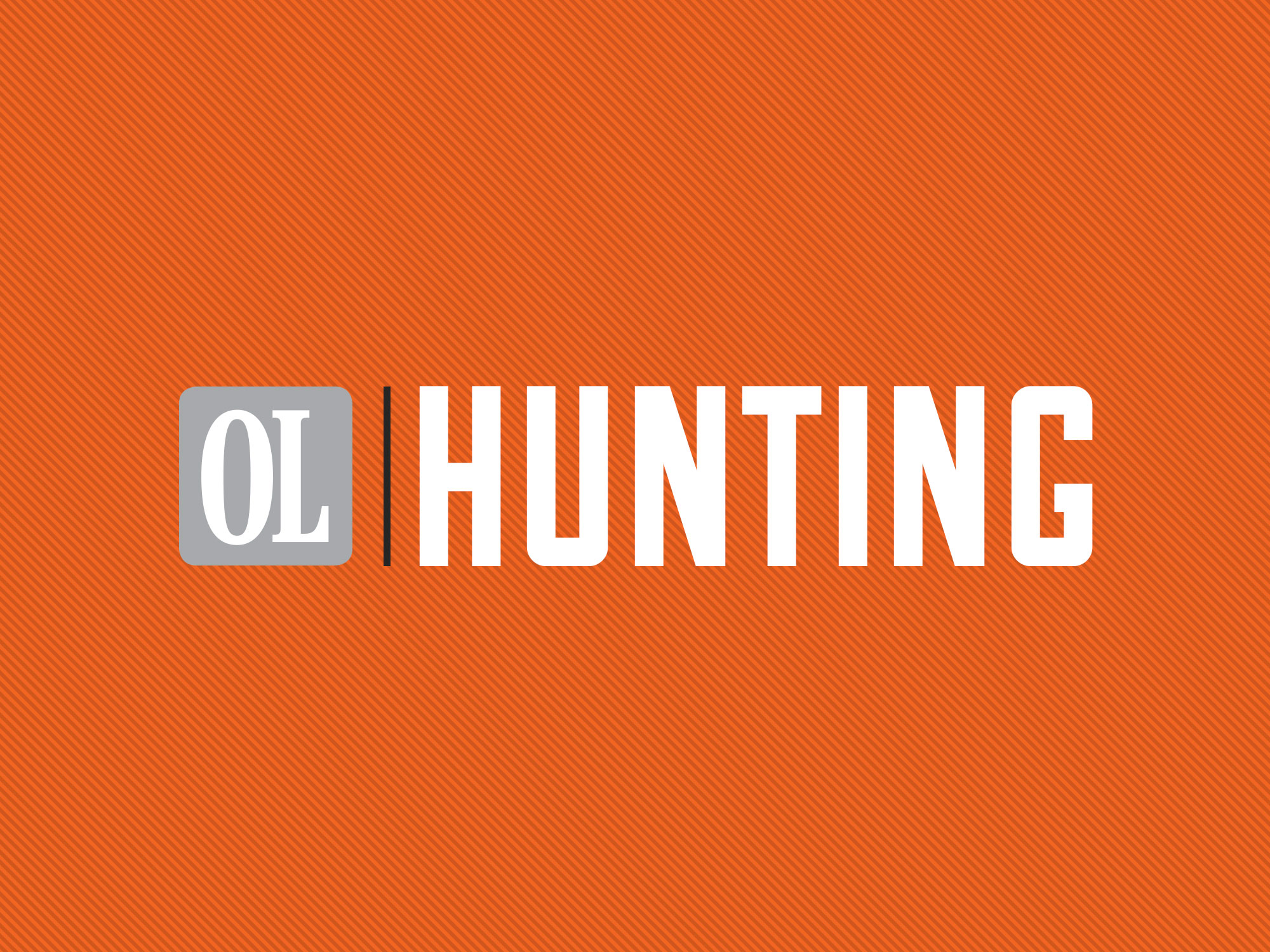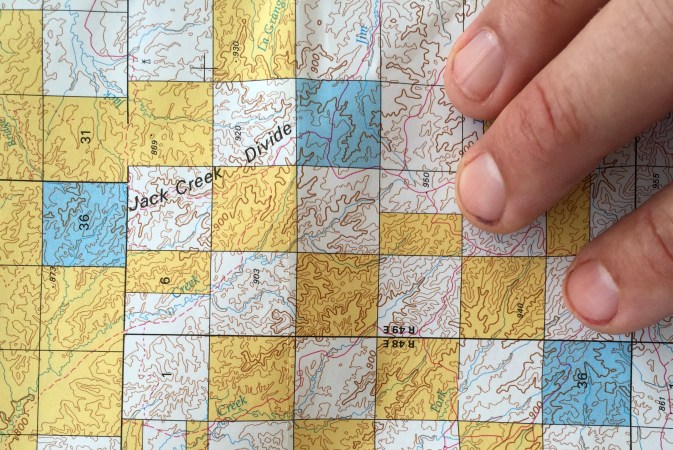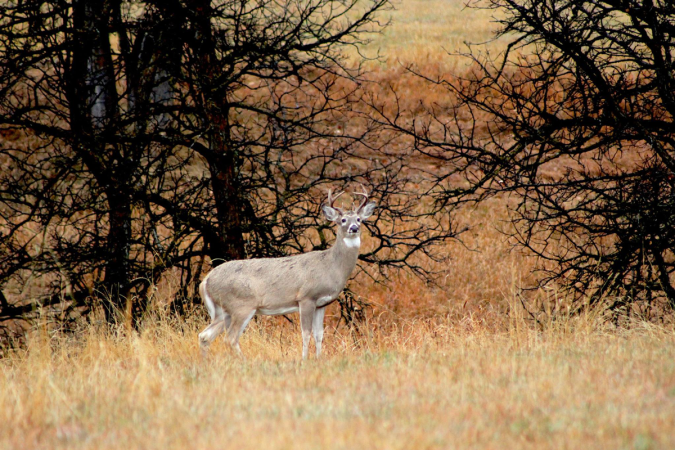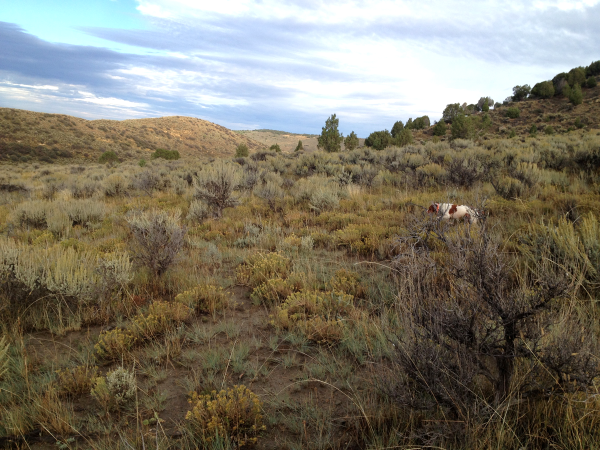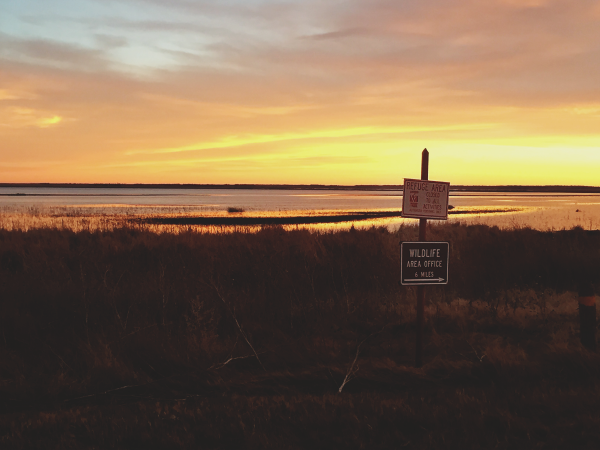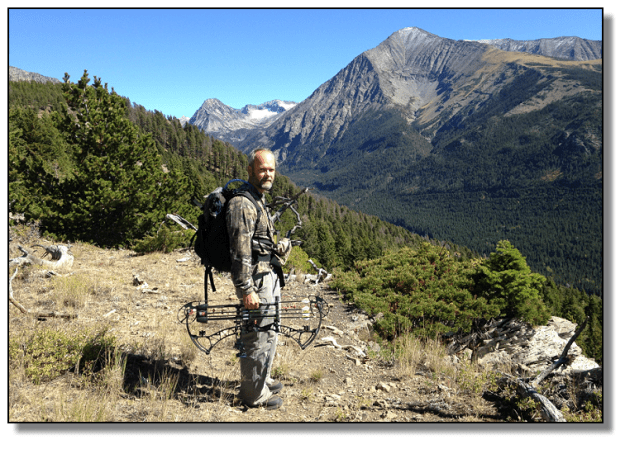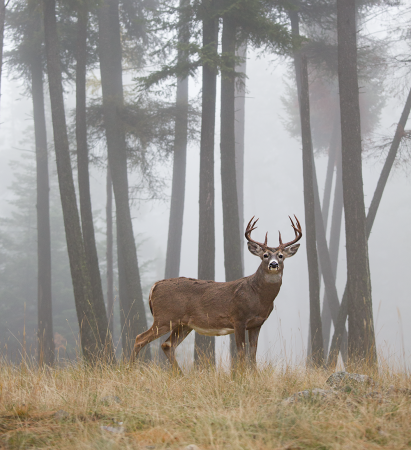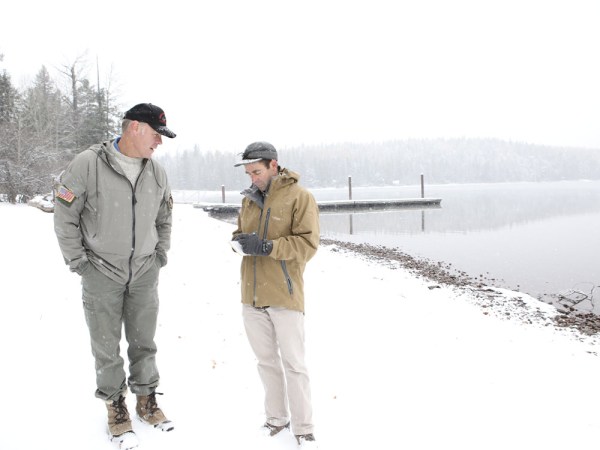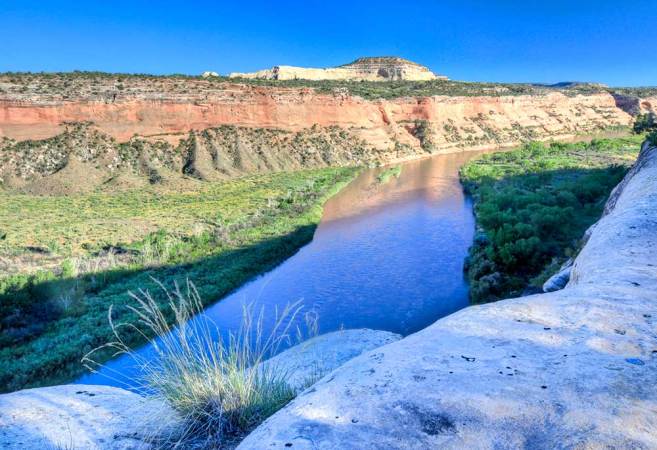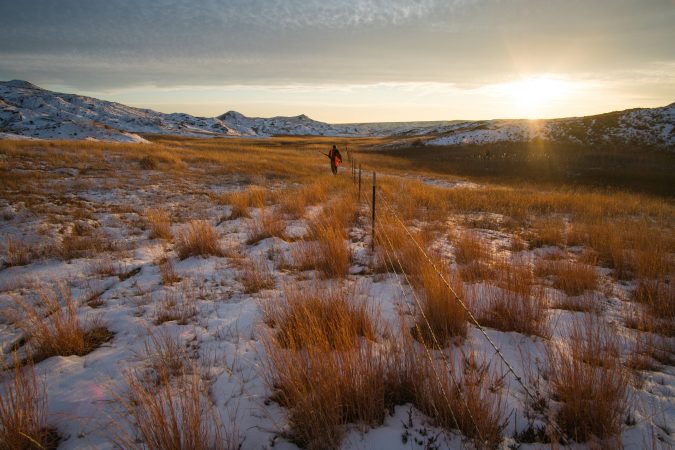I shot my first Montana big-game animal on a ranch that was enrolled in Block Management. I walked in about a mile, following a slough, creeping through thorny buffalo berry, hoping there was a deer dumb enough for me to take.
There he was, a small 2-year-old whitetail buck. His rack wasn’t much, but he had a belly on him as big as my own. I dragged him out to the truck and tossed him in as the landowners were unloading bulls to be put in the same field. We had a good conversation, and we’ve become good friends in the years that passed. We talk about wolves, cattle prices, hunting access, and politics with the ease of friends and neighbors.
Two years after I harvested that little buck, the ranchers ended their agreement with Montana’s Department of Fish, Wildlife & Parks. They still allow for public access, but they don’t get a check for it anymore. Some could say that they’ve managed the hunting better than the way it was under Block Management. Others would disagree. One thing is certain though, more and more cooperators are asking for a different set of rules, and more and more hunters are looking for a better experience on land enrolled in the program.
Montana’s Block Management program is hugely successful. Over 8 million acres of private land was enrolled in the program in 2011. That opens up a lot of opportunity for the average hunter. According to FWP, over 70 percent of folks enrolled in Block Management are happy with the program.
Anecdotally, the numbers seem far south of that. During the last Montana Legislature, many Block Management cooperators supported a bill that would have increased payments for participating in the program. That bill died. The issue remains valid however, especially as the delta increases between the money a landowner can get through Block Management versus what they can get by leasing hunting rights to an individual.
Likewise, more attempts to privatize wildlife will be coming forward during the next legislature, making it even more difficult for hunters and landowners to work together.
That’s why it’s good new that a little-known outfit called the Rural Landscape Institute has been working to pull together diverse interests to figure out a way to mend the fences between sportsmen and landowners, while providing impartial insight into what people expect from this program, and what cooperators need.
RLI’s online survey asks hunters and landowners a few simple questions. If you hunt Block Management or if you’re a landowner enrolled in the program, it’d be a good idea to participate. The survey ends on August 21st though, so don’t dilly-dally.
This sort of scrutiny is healthy, especially for programs like Block Management that have been around for some time. Various attempts to alter the program—tweaks such as a Block Management Stamp, increased payments to cooperators, and designing specific hunting conditions to better manage wildlife and hunter opportunity—have been discussed, but ultimately have been quashed by either FWP or the legislature.
Montana’s Block Management program is solid. It opens private land to public hunting, and it has been emulated across the United States. But no program should be allowed to stagnate. It is high time that landowners and hunters sat down and had an honest discussion about what Block Management will look like, including how it’s funded, for the next generation, which is why the RLI survey is welcome.
Among the questions I hope are discussed are these:
• Is it right to have nonresident hunters pay the lion’s share of Block Management funding, especially when most of the program’s use comes from resident hunters?
• Should landowners be allowed to be more restrictive in how Block Management is implemented on their land? In some cases, unrestricted hunting is creating localized wildlife deserts, pushing critters to neighboring land where hunter numbers are controlled.
• Should hunting access be distributed through a special stamp that hunters can purchase per use, or should it continue to be a season-long, one-time-payment arrangement?
These are all questions that folks need to sit down and think on. Take the survey and participate in the conversation. After all, it’s your wildlife and your ability to access it that is at stake.
